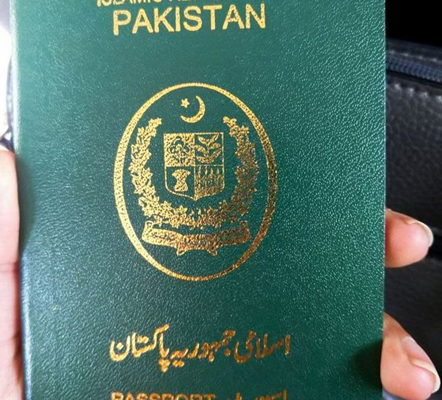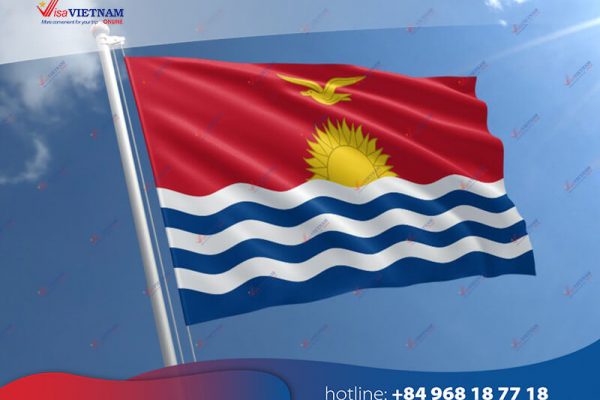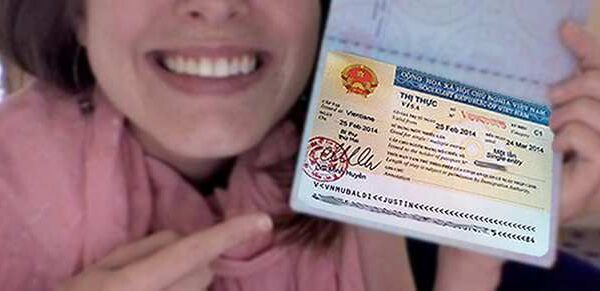Vietnam is a wonderful destination for visitors because of its breathtaking landscapes, captivating traditions, and delectable cuisine. It has gained more popularity among German tourists. Nevertheless, if you intend to extend your stay in Vietnam beyond two weeks, obtaining a visa is necessary. This write-up will detail the Vietnam visa application procedure for Germans, covering who necessitates a visa, when and how to apply, and the benefits and drawbacks of each visa category.
Table of Contents
- An overview of the Vietnam visa process for citizens of Germany.
- Which German citizens will require a Vietnam Visa?
- When is Vietnam Visa for German Citizens
- How can German citizens utilize a Vietnam visa?
- Advantages and disadvantages of obtaining a Vietnam visa for citizens of Germany.
- Advices
- 5 FAQs Vietnam Visa for German Citizens
- Conclusion
An overview of the Vietnam visa process for citizens of Germany.

As previously stated, Germans can enter Vietnam without a visa for up to 15 days but will need one if they plan on staying longer. Two types of visas are available to Germans – the Vietnam eVisa and the Vietnam visa on arrival. The eVisa can be applied for online, while the visa on arrival is obtained upon arrival in Vietnam. Additionally, there are other visa options like multiple-entry, business, and student visas open to German citizens.
Which German citizens will require a Vietnam Visa?
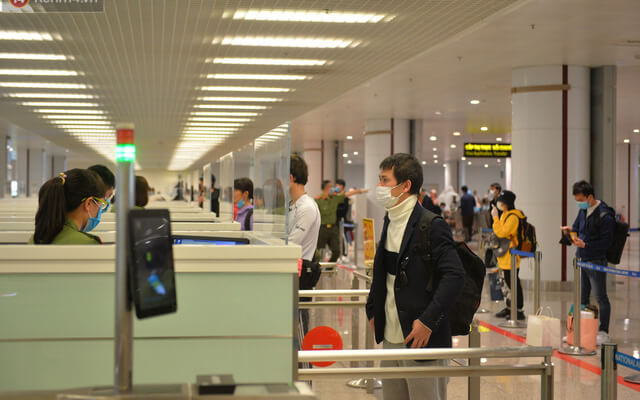
Individuals from Germany, regardless of their travel purpose, who intend to stay in Vietnam for more than 15 days are required to acquire a visa. This applies to tourists, businesspeople, students, and anyone else traveling to Vietnam for an extended length of time.
When is Vietnam Visa for German Citizens
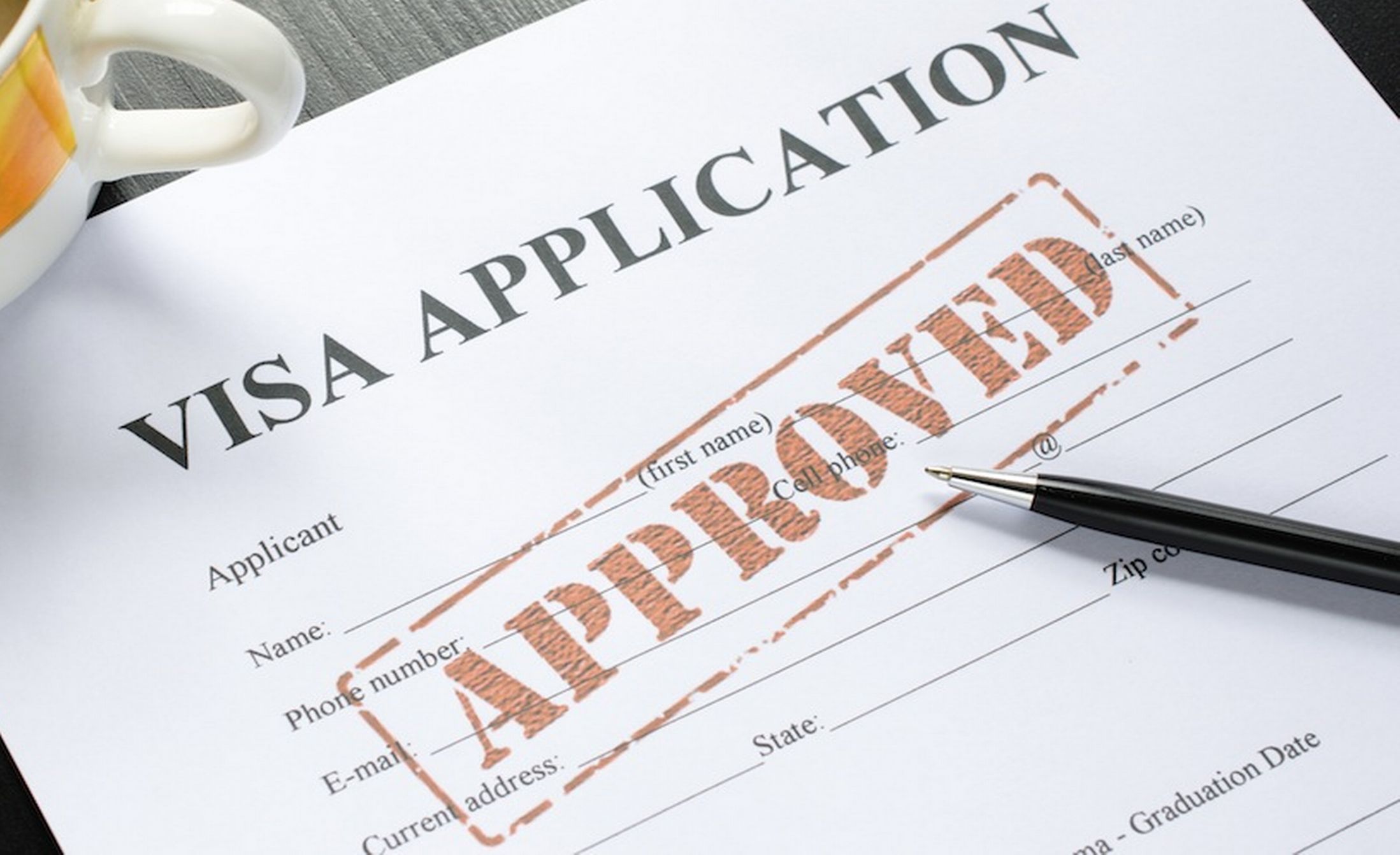
To avoid any issues, it’s crucial to apply for a visa ahead of time, particularly during busy periods. Normally, the Vietnam eVisa process takes three business days but may take longer during peak season. Alternatively, you can apply for a visa on arrival at any of Vietnam’s international airports upon arrival.
How can German citizens utilize a Vietnam visa?
- To obtain a Vietnam eVisa, you can complete an online application on the official website of the Vietnam Immigration Department. The process is easy and clear-cut, requiring you to furnish the essential details and pay the visa fee. Upon approval of your application, you will receive an approval letter for your eVisa through email.
- To get a visa on arrival in Vietnam, you can do so at any international airport upon your arrival. Make sure to bring the necessary documents such as passport, visa application form, recent passport photo, round-trip ticket, and proof of enough funds. The visa fee is USD25 which can be paid via cash or credit card.
Advantages and disadvantages of obtaining a Vietnam visa for citizens of Germany.
Vietnam eVisa
Pros:
- Can be applied for and processed online
- Easy and convenient application process
- No need to visit an embassy or consulate
Cons:
- Single-entry only
- Only valid for stays of up to 30 days
Vietnam visa on arrival
Pros:
- Can be obtained at the port of entry in Vietnam
- No need to visit an embassy or consulate
- Valid for stays of up to 30 days
Cons:
- Single-entry only
- Need to wait in line at the airport to obtain the visa
- Might experience delays and long waiting times during peak season
Advices

Here are some guidelines for requesting a visa to Vietnam.
- Start the application process early to allow enough time for document gathering and payment of visa fees.
- Check the visa requirements carefully as they may change from time to time.
- Ensure all documents are in order and complete.
- Be prepared to pay the visa fee. The fees vary depending on the type of visa you are applying for.
5 FAQs Vietnam Visa for German Citizens
- Do German citizens need a visa to enter Vietnam? German citizens are eligible for visa-free entry to Vietnam for stays of up to 15 days. However, if you plan to stay longer, you will need to apply for a visa.
- What types of visas are available for German citizens? German citizens can apply for the Vietnam eVisa and the Vietnam visa on arrival, as well as other types of visas such as multiple-entry visas, business visas, and student visas.
- How long does it take to process a Vietnam eVisa? The processing time for the Vietnam eVisa is usually three working days, but it may take longer during peak season.
- Can I extend my stay in Vietnam if my visa expires? Yes, you can extend your stay in Vietnam by applying for an extension at the immigration office in Vietnam.
- What happens if my visa application is denied? If your visa application is denied, you will receive a notification explaining the reason for the denial. You may be able to reapply for a visa or appeal the decision.
Conclusion
If you want to apply for a Vietnam visa, it’s important to plan ahead and pay close attention to the details. To increase your chances of success, follow the advice in this article and ensure that you have all the necessary documents and pay the visa fee on time, whether you choose the eVisa or visa on arrival option. Keep in mind that visa requirements can change, so make sure you check the latest information before applying. If you have any questions about the application process, contact the Vietnam Immigration Department or a reliable visa agency. After obtaining your visa, you can fully enjoy your trip to Vietnam and explore its stunning beaches, landscapes, and rich cultural heritage.

